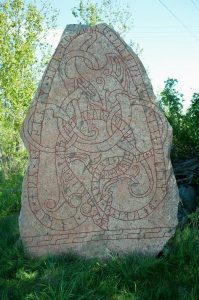Symposium: Revisiting Discourses of Love, Sex, and Desire in Modern Iran and Diaspora
Persian Studies Program at UNC-Chapel Hill Presents
March 28, 2020 Revisiting Discourses of Love, Sex, and Desire in Modern Iran and Diaspora
Including an exhibition of work by MFA Candidate in Studio Art, Minoo Emami, titled “Dystopia”
FedEx Global Education Center
Room 1005
UNC-Chapel Hill
This one-day symposium is an attempt to provide a safe space for public discussions of the nuances around discourses of love and desire in modern Iran, challenging and contributing to the dominant discourses on key topics. From their mundane to their sublime forms, love and desire have played a central role in various discourses in modern Iran. From romantic epics to ghazals, and from arranged marriages to white marriages, and from companionate love to contemporary cohabitations, desire is undoubtedly one of the most important theoretical topics for scholars. This symposium brings together a range of scholars from different disciplines focusing on modern Iran to analyze the wide variety of ways in which love and desire have been represented, imagined, and discursively constructed. Participants will address discourses of love and desire and revisit those discourses considering the implications that they have for larger theoretical debates. Selected papers of the symposium will be published in the book series titled, Sex, Marriage, and family in the Middle East, edited by Janet Afary and Claudia Yaghoobi, published by Bloomsbury. Other selected papers will appear as a special issue in the Journal of Middle East Women’s Studies.
Organizer:
Dr. Claudia Yaghoobi, Ph. D – Roshan Institute Assistant Professor in Persian Studies, for information about the symposium contact Dr. Yaghoobi at Yaghoobi@email.unc.edu
Sponsors:
The American Institute of Iranian Studies, UNC Persian Studies Program, UNC Center for Middle East and Islamic Studies, the Department of Asian Studies, College of Arts and Sciences, Associate Provost of Global Affairs, the Department of English and Comparative Literature, the Department of History, the Department of Religious Studies, the Department of Women and Gender Studies, The Department of Geography, The Institute for the Arts and Humanities, UNC-Chapel Hill University Libraries, The Countering Hate Initiative
For more info: https://claudiayaghoobi.com/symposium-revisiting-discourses-of-love-sex-and-desire-in-modern-iran-and-diaspora/

